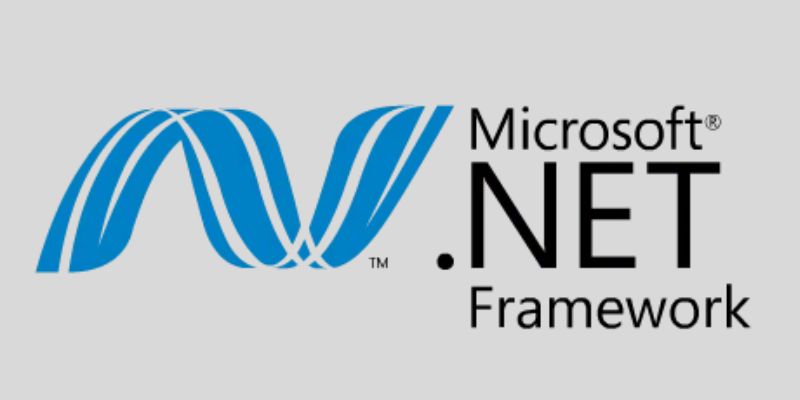In the realm of .NET development, Entity Framework Core (EF Core) stands out as a powerful Object-Relational Mapping (ORM) framework. It simplifies data access and manipulation by allowing developers to work with database entities as .NET objects. In this blog, we will discuss the Role of Entity Framework Core in .NET. Are you looking to advance your career in Dot Net? Get started today with the Dot Net Training in Chennai from FITA Academy!
What is Entity Framework Core?
Entity Framework Core is an open-source ORM framework created by Microsoft. It allows developers to work with relational databases using .NET objects. EF Core abstracts away the complexities of database interactions, providing a higher-level API for querying, inserting, updating, and deleting data.
Key Features of Entity Framework Core
Model-First Development
Developers can define their database schema using code-first or database-first approaches.
LINQ Support
EF Core seamlessly integrates with Language-Integrated Query (LINQ), allowing developers to write queries using familiar C# syntax.
Cross-Platform Compatibility
EF Core is designed to work across different platforms, including Windows, macOS, and Linux.
Performance Optimization
It includes features like query caching and compiled queries to improve performance.
Simplifying Data Access
One of the primary roles of Entity Framework Core is to simplify data access in .NET applications. Instead of writing complex SQL queries, developers can interact with the database using strongly-typed .NET objects. This abstraction layer streamlines development and reduces the potential for errors.
Example
// Querying data using EF Core
var products = dbContext.Products.Where(p => p.Category == “Electronics”).ToList();
Learn all the Dot Net Development and Become a Dot Net Developer. Enroll in our Dot Net Online Course.
Object-Relational Mapping (ORM)
Entity Framework Core follows the ORM pattern, which maps database tables to .NET objects and vice versa. This mapping is defined through entity classes and configuration, allowing developers to work with database entities as regular .NET objects. EF Core handles the translation between object-oriented code and relational database operations seamlessly.
Example
// Entity class representing a Product
public class Product
{
public int Id { get; set; }
public string Name { get; set; }
public decimal Price { get; set; }
}
Cross-Platform Compatibility
Another significant advantage of Entity Framework Core is its cross-platform compatibility. Whether developers are building applications for Windows, macOS, or Linux, they can rely on EF Core for data access. This flexibility enables teams to use the same data access framework across different environments, simplifying development and maintenance.
Performance Optimization
While ORM frameworks are known for their abstraction and convenience, they can sometimes introduce performance overhead. Entity Framework Core addresses this concern by offering features for performance optimization. Developers can leverage query caching, compiled queries, and other techniques to enhance the performance of their applications.
Example
// Using compiled query for improved performance
var compiledQuery = dbContext.Products
.Where(p => p.Category == “Electronics”)
.Compile();
var products = compiledQuery.Invoke().ToList();
Entity Framework Core plays a crucial role in simplifying data access and manipulation in .NET applications. By abstracting away the complexities of database interactions and providing a higher-level API, EF Core empowers developers to focus on creating robust and scalable solutions. Its cross-platform compatibility and performance optimization features further enhance its appeal. As .NET developers continue to embrace modern application development practices, Entity Framework Core remains a valuable tool in their toolkit. Looking for a career in Dot Net Developer? Enroll in this professional Dot Net Training in Coimbatore and learn from experts about .NET Framework, Programming in C# and Implementing OOPS with C#.
